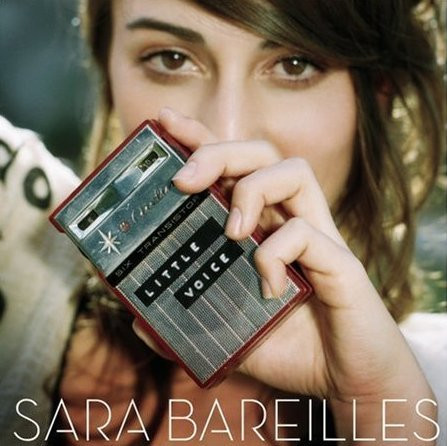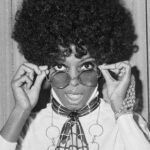Sara Bareilles’ hit “Love Song” is a staple on playlists worldwide, often interpreted as a straightforward, albeit catchy, tune about romantic frustration. However, diving deeper into the Love Song Lyrics reveals a narrative far more nuanced and rebellious. This track isn’t just another ballad about heartbreak; it’s a powerful statement born from artistic integrity clashing with industry pressures.
Contrary to popular belief, “Love Song” isn’t directed at a former flame. Instead, it’s a direct response to Bareilles’ record label. As she navigated the early stages of her career, the label executives urged her to craft a commercially viable love song, something radio-friendly and marketable. This directive, intended to guide her towards mainstream success, instead sparked a creative rebellion. Bareilles felt stifled by the demand to manufacture emotion, to write a love song on command. In her own words, she described feeling “insecure” and then “pissed off” by the label’s seemingly dismissive reaction to her authentic musical explorations.
 Sara Bareilles performing live, showcasing her musical talent and emotional connection with her song lyrics.
Sara Bareilles performing live, showcasing her musical talent and emotional connection with her song lyrics.
The lyrics themselves become a weaponized form of honesty. When Bareilles sings, “they all say things you want to hear,” she’s directly addressing the label’s attempts to mold her into a palatable pop artist. The line “I’m trying to let you hear me as I am” is a vulnerable plea for acceptance on her own terms, musically and personally. She felt unheard and misunderstood, her artistic voice overshadowed by the label’s commercial expectations for a chart-topping love song. The “heavy heart” and “deep frustration” she expresses are palpable, stemming from the demand to create something genuine under inauthentic circumstances.
Her now-iconic refusal, “I won’t write you a love song,” isn’t just teenage angst; it’s a declaration of artistic independence. The lines, “I’ll walk the seven seas when I believe that there’s a reason to write you a love song,” highlight the forced nature of the request. True inspiration, for Bareilles, cannot be manufactured on demand. The “blank stares at blank pages” perfectly capture the creative block induced by external pressure. The brilliance of “Love Song” lies in its irony: a hit love song born from the refusal to write one on command. It’s a meta-commentary on the very act of songwriting within a commercialized industry.
Ultimately, “Love Song” resonates because it taps into a universal struggle against pressure to conform and perform. While Bareilles’ experience was within the music industry, the feeling of being expected to produce something on demand, devoid of genuine inspiration, is relatable across various fields. The song becomes an anthem for authenticity, for staying true to oneself even when faced with external pressures. It’s a reminder that true creative expression, much like love itself, cannot be forced; it must flow naturally from a place of genuine feeling and personal conviction. “Love Song,” therefore, transcends the typical romantic ballad, becoming a powerful testament to artistic integrity and the courage to resist compromising one’s true voice.


